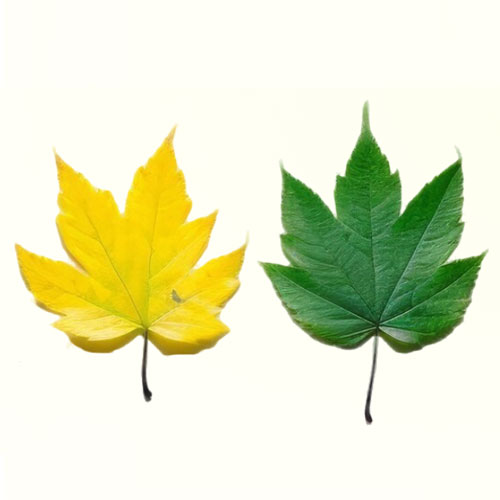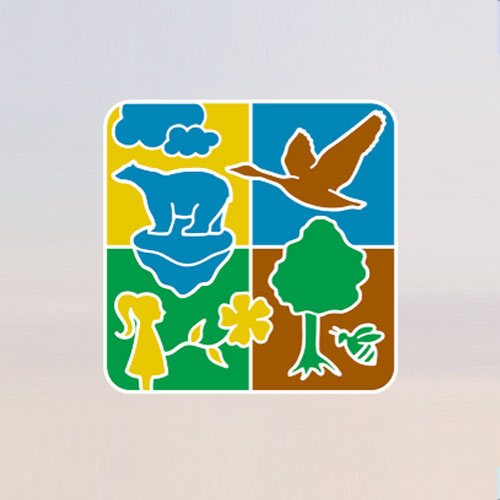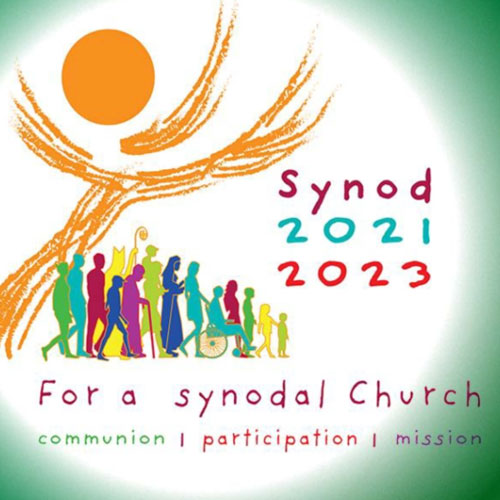Sabrina M. Chiefari is a Catholic Environmental Educator from Tkaronto/Toronto. As Integral Ecology Specialist for the Sisters of St. Joseph of Toronto, she is a long-time proponent of Deep Ecology and Integral Ecology.
April 29, 2022
The Importance of Land Acknowledgements
By Sabrina Chiefari
Merriam-Webster definition of “acknowledge”
Transitive verb: to recognize the rights, authority, or status of
Starting in late January of 2022, I joined Sister Janet Speth, Sister Kristine Fernandes, and Leah Watkiss to sit down to look a bit more closely at the Land Acknowledgement used by the Sisters of St. Joseph of Toronto. The version that had been in use was strongly focused on the Congregation’s 170th Anniversary celebrations in 2021. 2022 called for a refresh. To be in-keeping with the act of speaking a Land Acknowledgement, the statement cannot be rote or static.
By continuing to make and update these purposeful acknowledgements, we demonstrate our goodwill to all and acknowledge being a visitor to this area whether we are newly arrived in Canada or are more than three generations here.
To quote Reconciliation Canada: “The importance of following this protocol is to communicate intent and show respect to the spirit of the land.”
Though a tradition for Indigenous peoples since time immemorial, Land Acknowledgments have been widely adopted by non-Indigenous people in recent years as acts of reconciliation, compassion, and intentionality alongside Indigenous Peoples today.
We share here the full text of the revised CSJ Land Acknowledgement. A short quote from the full statement is present on every page of our CSJ website.
We will continue to make sure our Land Acknowledgement statements reflect the ongoing work of reconciliation with Indigenous Peoples.
Our Land Acknowledgement
Out of deep respect for Indigenous Peoples who have cared for these lands since time immemorial, we acknowledge that our Congregation is situated in Tkaronto, the traditional territory of many nations including the Anishnabek, the Haudenosaunee and the Huron-Wendat and is now home to many First Nations, Inuit and Métis peoples.
We also acknowledge that Toronto is covered by Treaty 13 signed with the Mississaugas of the Credit, and the Williams Treaties signed with multiple Mississaugas and Chippewa bands.
We affirm our desire for right relations with all Indigenous Peoples built on respect and reciprocity.
As an order of Catholic women religious, our charism to care for the dear neighbour led us from France, through Turtle Island, to here in Toronto, where we are relearning the history of this country and this land. We will continue to critically examine the ways we have benefitted from systemic racism and the role the Catholic Church has played in systems of oppression in Canada. We are committed to work to redress these harms and journeying with all.
As a Congregation, being with God, the dear neighbour and all of creation is one movement. Conscious of this oneness, we are committed to tread lightly on the land and protect the water as sacred.

Articles by Sabrina Chiefari
Exploring Creation Care, Climate Change, Working with the United Nations, and Our Common Home

Elements in Flux
A constant ebb & flow of life makes up Creation.

From Self-Care...
Summertime: the season of rest and renewal.

40 Days of…
Walking through lent with prayer, fasting, and almsgiving.

Creation Care Check-In
Resources of learning, prayer, and action.

Moving Stories
Reviewing The Sound of Freedom and Oppenheimer from a social justice perspective.

Water as…
A human right, sacred gift and shared commons.

Care for Our Common Home
Key goals in global biodiversity, water action, and ecosystem restoration.

Synodal, Not Cynical
Sharing the synodal mindset.

UN Climate Change Conference
Participating as part of a delegation at COP26.